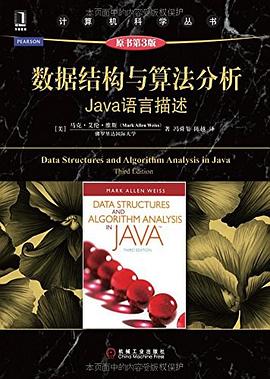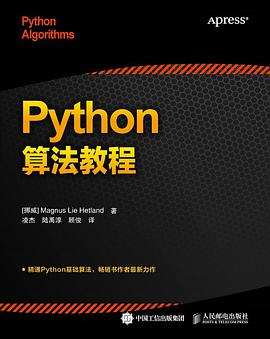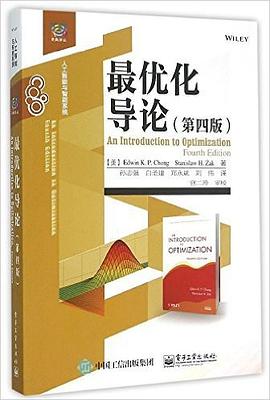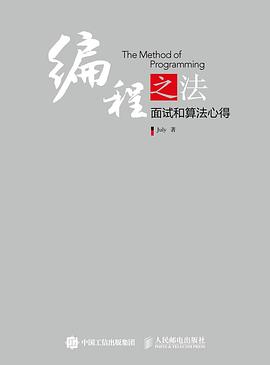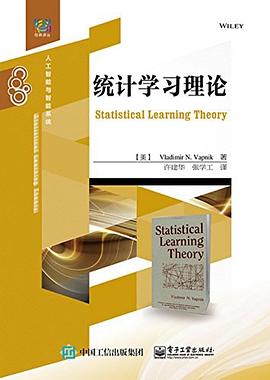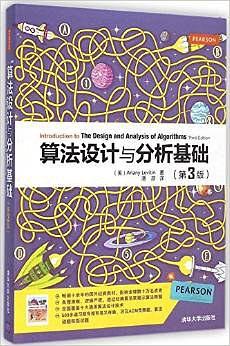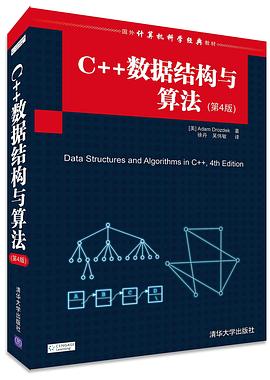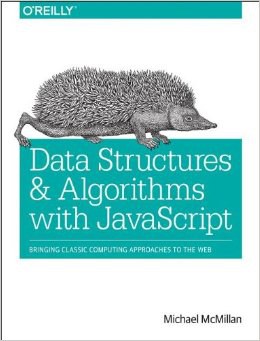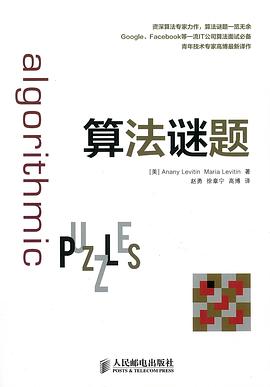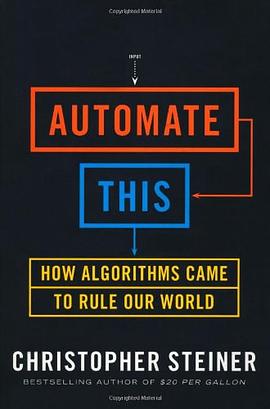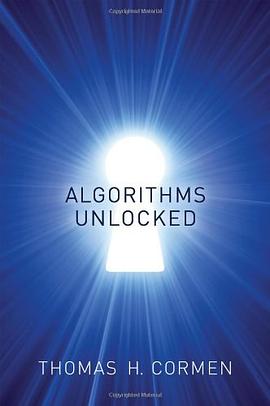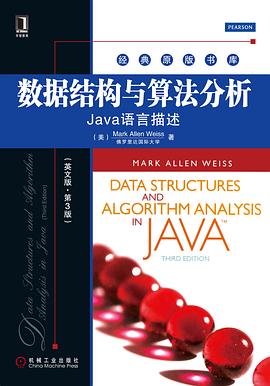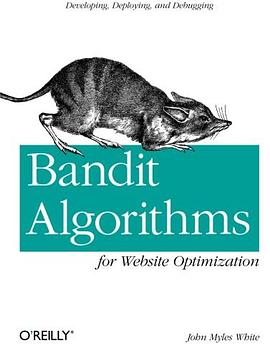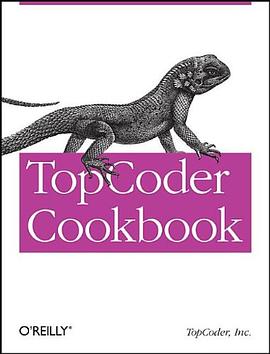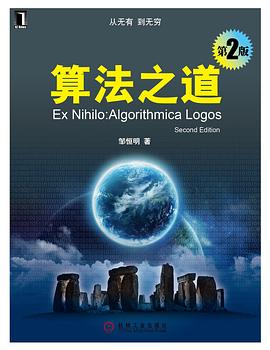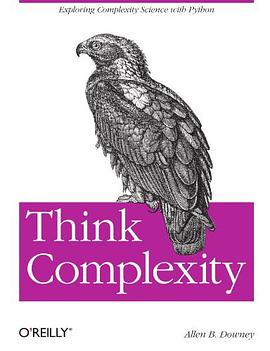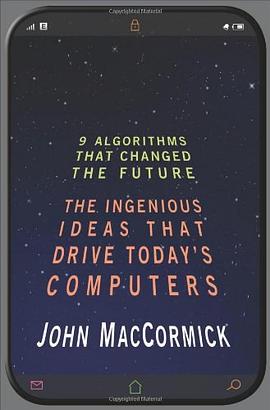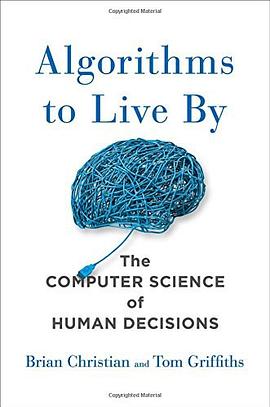

具体描述
A fascinating exploration of how insights from computer algorithms can be applied to our everyday lives, helping to solve common decision-making problems and illuminate the workings of the human mind
All our lives are constrained by limited space and time, limits that give rise to a particular set of problems. What should we do, or leave undone, in a day or a lifetime? How much messiness should we accept? What balance of new activities and familiar favorites is the most fulfilling? These may seem like uniquely human quandaries, but they are not: computers, too, face the same constraints, so computer scientists have been grappling with their version of such issues for decades. And the solutions they've found have much to teach us.
In a dazzlingly interdisciplinary work, acclaimed author Brian Christian and cognitive scientist Tom Griffiths show how the algorithms used by computers can also untangle very human questions. They explain how to have better hunches and when to leave things to chance, how to deal with overwhelming choices and how best to connect with others. From finding a spouse to finding a parking spot, from organizing one's inbox to understanding the workings of memory, Algorithms to Live By transforms the wisdom of computer science into strategies for human living.
作者简介
About the Author
Brian Christian is the author of The Most Human Human, a Wall Street Journal bestseller, New York Times editors’ choice, and a New Yorker favorite book of the year. His writing has appeared in The New Yorker, The Atlantic, Wired, The Wall Street Journal, The Guardian, and The Paris Review, as well as in scientific journals such as Cognitive Science, and has been translated into eleven languages. He lives in San Francisco.
Tom Griffiths is a professor of psychology and cognitive science at UC Berkeley, where he directs the Computational Cognitive Science Lab. He has published more than 150 scientific papers on topics ranging from cognitive psychology to cultural evolution, and has received awards from the National Science Foundation, the Sloan Foundation, the American Psychological Association, and the Psychonomic Society, among others. He lives in Berkeley.
目录信息
Algorithms to Live By
1 Optimal Stopping 9
When to Stop Looking
2 Explore/Exploit 31
The Latest vs. the Greatest
3 Sorting 59
Making Order
4 Caching 84
Forget About It
5 Scheduling 105
First Things First
6 Bayes’s Rule 128
Predicting the Future
7 Overfitting 149
When to Think Less
8 Relaxation 169
Let It Slide
9 Randomness 182
When to Leave It to Chance
10 Networking 205
How We Connect
11 Game Theory 229
The Minds of Others
Conclusion 256
Computational Kindness
Notes 263
Bibliography 315
Acknowledgments 335
Index 339
· · · · · · (收起)
读后感
一、停车场和麦田 此刻你正在电影院的地下停车场,身边坐着你今天的约会对象。你想把车停得尽量靠近电梯间,但那里的好车位可能已经被别的车占了。这时约会对象示意你旁边就有一个空车位,这里离电梯已经不算远了,但也不太近。你应该停这儿么?还是应该继续往前开?选择前者,...
评分在Amazon的实体店看到这本书,男朋友说他那位饱读诗书的室友也觉得不错,这才打算投入时间读一读。 开头惊艳,apartment hunting,这么个艰难纠结的过程居然能给出一个精确的数字来解决?没错,用37%的时间/精力/candidates来建立你的baseline,之后再用这个baseline来判断剩...
评分 评分持续21天的《算法之美》同读打卡结束:现贴出本书的摘抄和感悟,希望对其他读者有所帮助。 2018.10.08《算法之美》第一章 1. 今日关键词:给定量。几乎不会随着时代的变迁而发生改变的事情,在代数学上,被称为给定量。例如符合自然规律,很难被改变的现象。 2. 无信息博弈。我...
评分用户评价
看到地老天荒,终于在早晨的船上看完了。。
评分数学家教做人
评分"A fascinating exploration of how insights from computer algorithms can be applied to our everyday lives, helping to solve common decision-making problems and illuminate the workings of the human mind",确实如此,希望我本科时就读过 (不过16年才出来呀...)
评分看到地老天荒,终于在早晨的船上看完了。。
评分适合文科生,无编程基础的人看。作者花了很大的精力请了一些算法如何在普通人生活中应用,对我有很多启发。
相关图书
本站所有内容均为互联网搜索引擎提供的公开搜索信息,本站不存储任何数据与内容,任何内容与数据均与本站无关,如有需要请联系相关搜索引擎包括但不限于百度,google,bing,sogou 等
© 2025 book.quotespace.org All Rights Reserved. 小美书屋 版权所有

